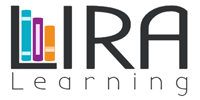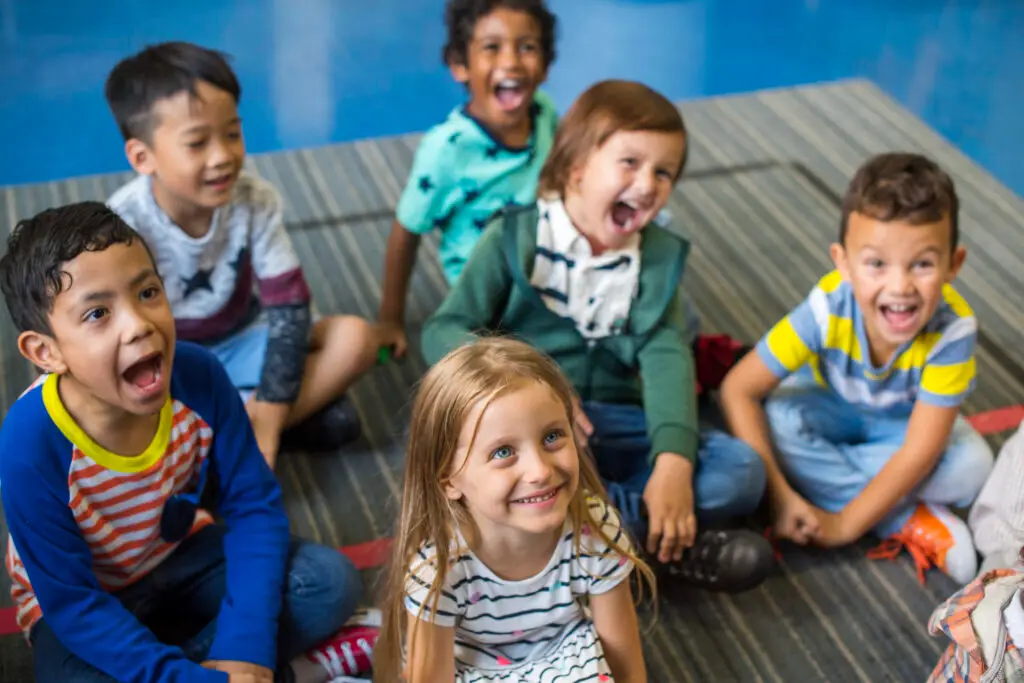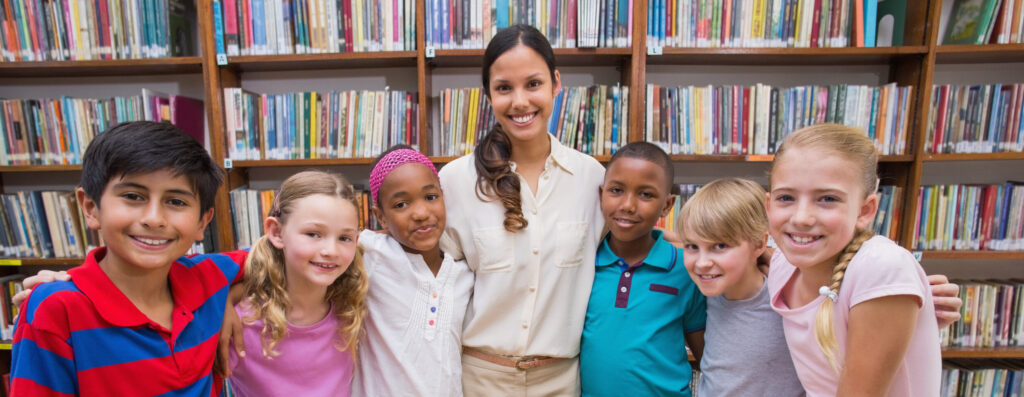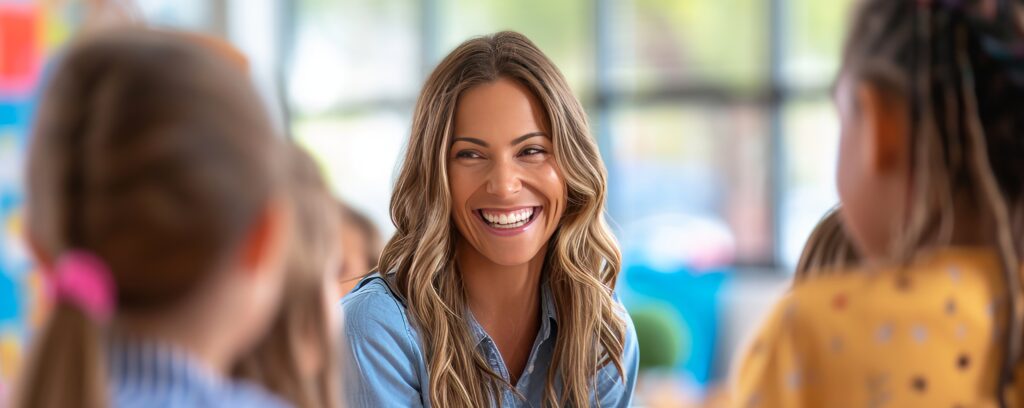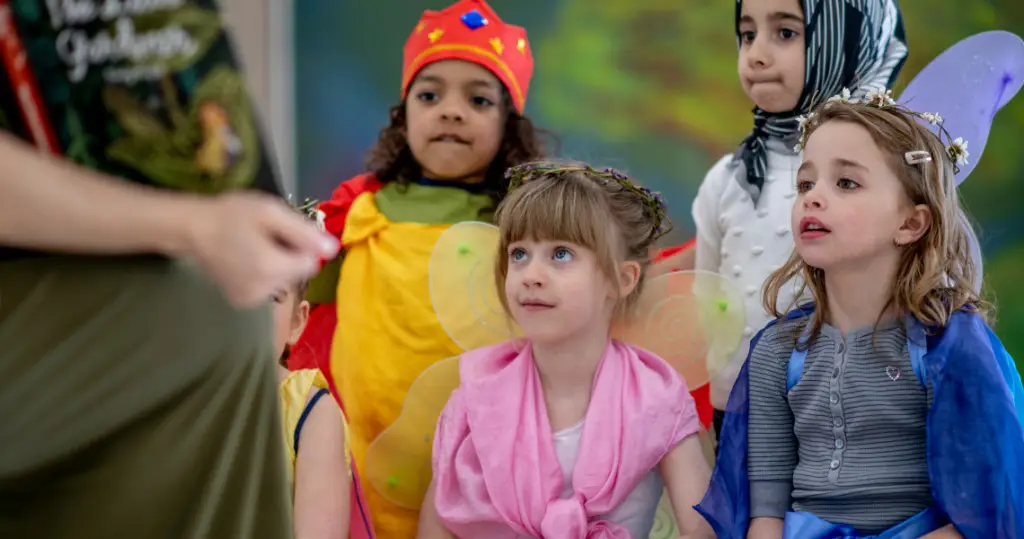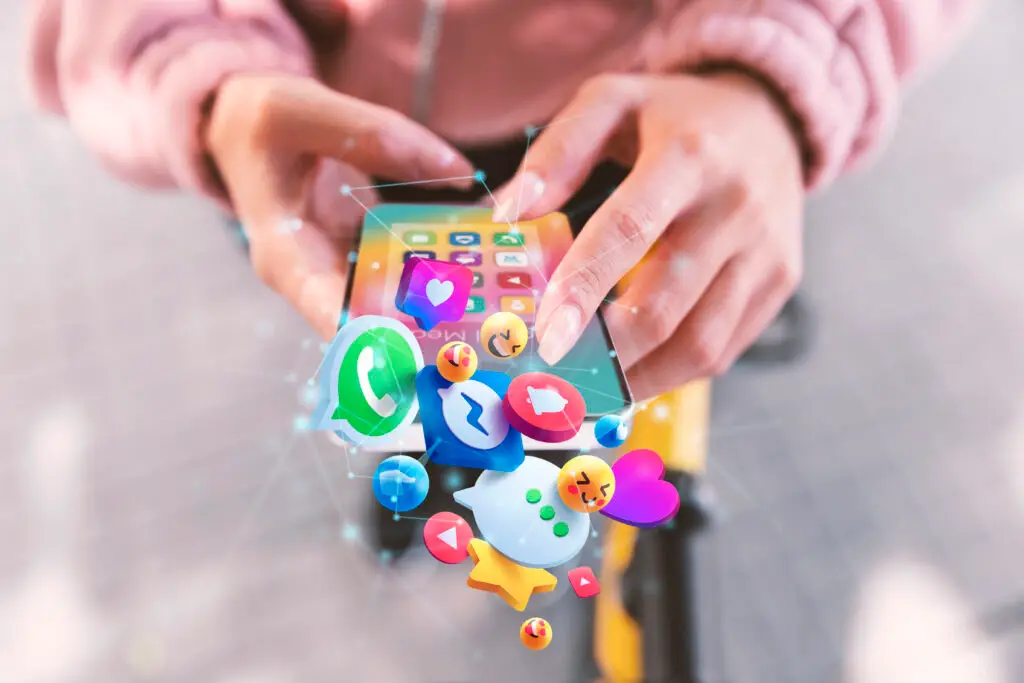Modern Literacy in the School Library
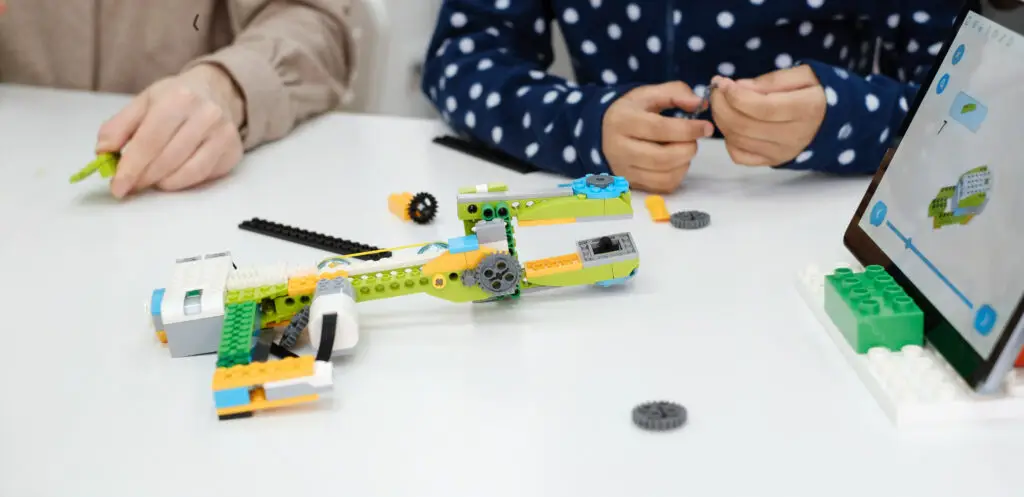
As educators, you know the terms 21st-century learning, the 4Cs, and future-ready skills. These buzzwords refer to the set of skills that can make students shine in today’s world – we call them modern literacy skills.
These real-world skills are necessary for living and working in environments that are digital, diverse, connected, and complex. Unfortunately, the current educational landscape makes teaching these skills difficult. School districts are constrained by high-stakes assessments, state-mandated curriculum, teacher shortages, and budget shortfalls. Classroom teachers are consumed by core curriculum, pre-defined instructional minutes, and confining evaluation systems. Finally, public opinion on engaging students with ideologies that promote equity, individualism, and posterity is mixed. As a result, the transition from the industrialized 20th-century model of school to a digitalized 21st-century model has been a struggle. While the growth of instructional technology and STEM programs is promising, it’s not enough. There are still too few resources and strategies available to school districts who desire to provide students with instruction in modern literacies.
One often overlooked resource is the school library teacher.
The library teacher is more than a purveyor of books, information, and technology. When provided with adequate support and resources, library teachers can help students become life-long learners. Change happens fast and in order to adapt, students need to learn skills that will carry them through the ups and downs of living in a complex world. This is where the library teacher and modern literacy comes into play.
Modern literacy skills are learned by engaging with real-world learning experiences. They are the set of skills and abilities needed to effectively participate in today’s increasingly interconnected world. Modern literacies encompass a range of competencies that have emerged in the 21st century.
- Agentic literacy is the ability to take actions aimed at personal growth and development. In the library this looks like connecting to real-world ideas through discussion, investigation, and self-expression. Agentic literacy empowers students by giving them control over their learning and assuming responsibility for their success.
- Media Literacy is the ability to access, analyze, evaluate and create media in a variety of forms. Media refers to information in any format including print and digital. In the library this looks like accessing information to research, think critically, and create products. Media literacy empowers students to explore wonderings, construct real-world knowledge, and share it with the world.
- Social Literacy is the ability to empathize with others and adapt beliefs and behaviors. In the library this looks like learning about other cultures, marginalized groups, and civics. Social literacy empowers students to engage in equitable behaviors and contribute to their communities in positive ways.
- Critical Literacy is the ability to accept, reject or construct views about information. In the library, this looks like observing and understanding different perspectives and drawing conclusions based on evidence. Critical literacy empowers students to question and make sense of the information they are bombarded with every day.
- Systems Literacy is the ability to understand relationships, patterns, and operations of natural and mechanical systems. In the library this looks like observation, experimentation, processing, and making. Systems literacy empowers students to understand and work with systems in nature, science, art, engineering, technology and beyond.
School library teachers are perfectly positioned to provide students with experiences that build essential modern literacy skills. By leveraging informational books, digital tools, makerspaces, STEM labs, and global experiences to teach modern literacy skills, learning is directly linked to the future. We are twenty-four years into the 21st century and are still struggling to adequately prepare students for life in a world that changes at warp speed. School districts can address this learning gap by providing library teachers with the resources for teaching modern literacy skills.
Our Solution
In order to address the growing need for modern literacy instruction, we have identified strategies built on the power of information, discourse, and inquiry. By leveraging the school library teacher and library resources, we are able to provide a structured approach to teaching modern literacy skills.
Contact us if you would like a demonstration of our platform or to learn more about how LIRA Learning supports instruction in modern literacy skills.
